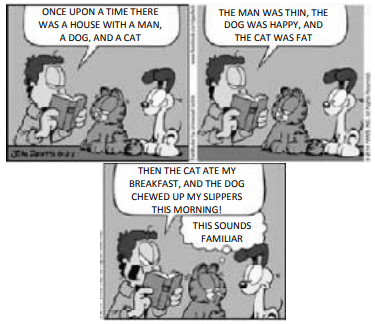Read the text and answer the question.
From space, astronaut sounds the alarm about climate
crisis
The Associated Press
A French astronaut has used a video call from space to
sound the alarm about worsening repercussions from climate
change that he can see ______ the International Space
Station.
Entire regions of Earth in flames. Storms trailing
destruction in their wake. And the haunting fragility of
humanity’s only home floating like a blue — but also
tarnished — pearl in the vastness of space.
Through the portholes ______ the International Space
Station, French astronaut Thomas Pesquet has an arresting
view of global warming’s repercussions. He used a video call
from space to sound the alarm Thursday, as negotiators,
government officials and activists continued meeting at a
U.N. climate conference in Glasgow, Scotland.
“We see the pollution of rivers, atmospheric pollution,
things like that.”
“We saw entire regions burning from the space station,
______ Canada, in California,” he said. “We saw all of
California covered ______ a cloud of smoke and flames with
the naked eye from 400 kilometers (250 miles) up.”
Adapted from https://abcnews.go.com/Technology/wireStory/spaceastronaut-sounds-alarm-climate-crisis-80972311. Access on October 25th.
